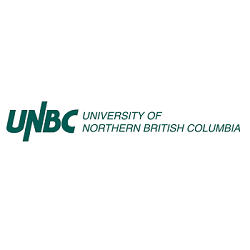
Master of Science in Health Sciences
University of Northern British Columbia, Prince George
Study Abroad
IELTS
Sign in
Sign Up


University of Northern British Columbia, Prince George

Master of Science in Health Sciences
University of Northern British Columbia, Prince George
It is a top-ranked institution in Canada
Degree
Postgraduate
Duration
12
Course Type
With Co-op
Co-op education gives you real-world experience in a job related to your studies.
INR
5.98L
USD 7040
1st Year Tuition Fees
Opening Soon
Opening Soon
Opening Soon